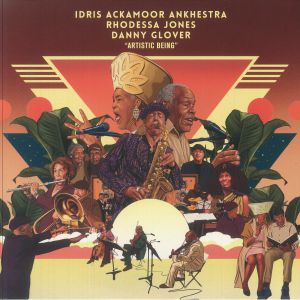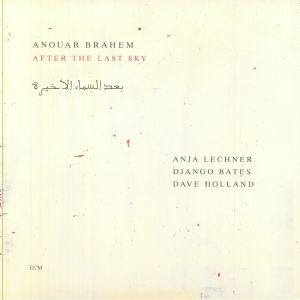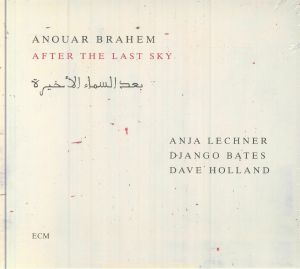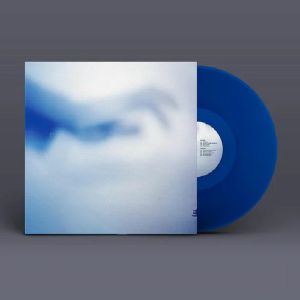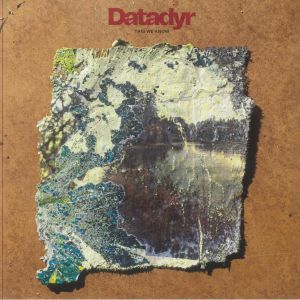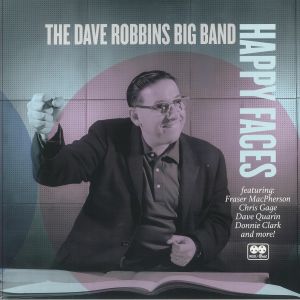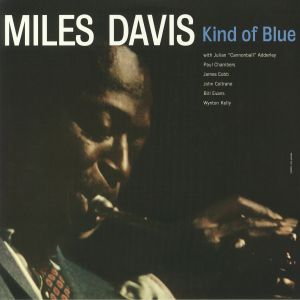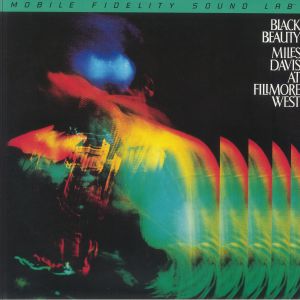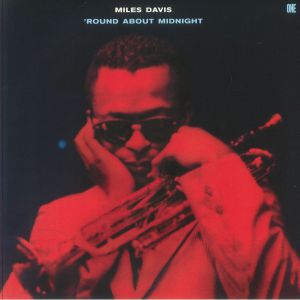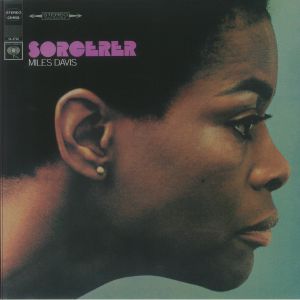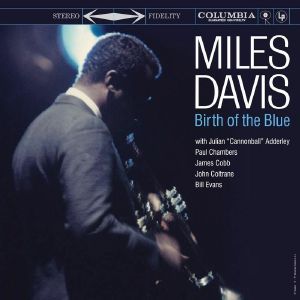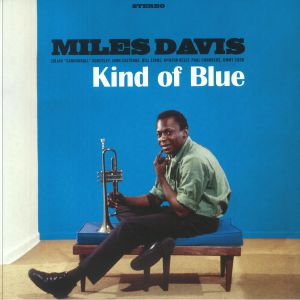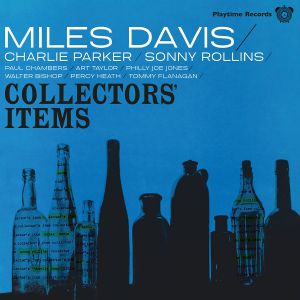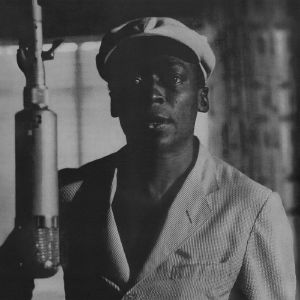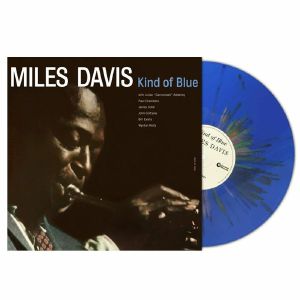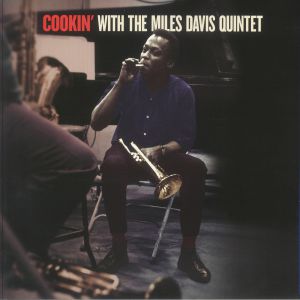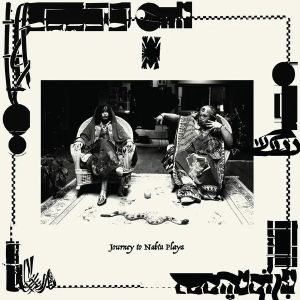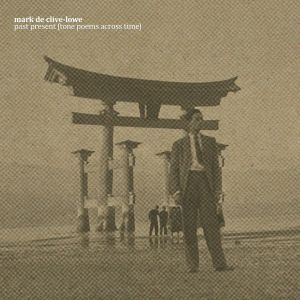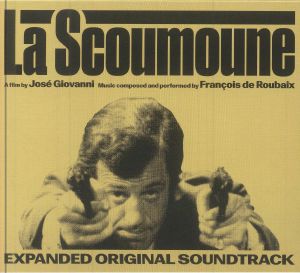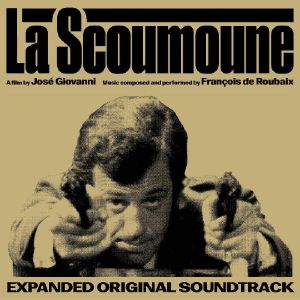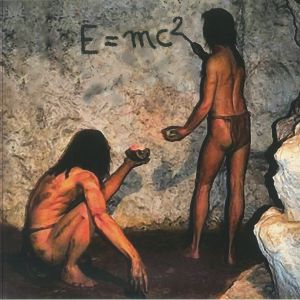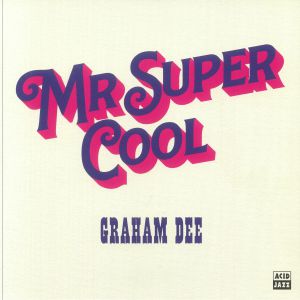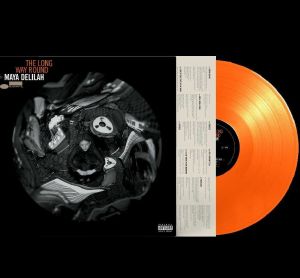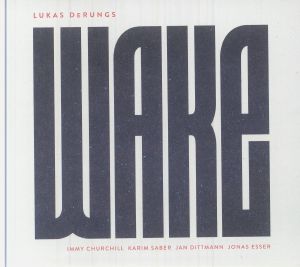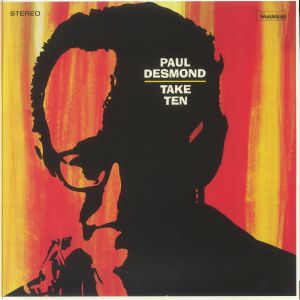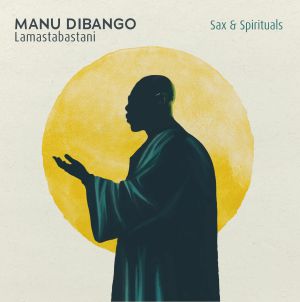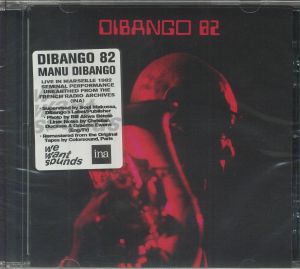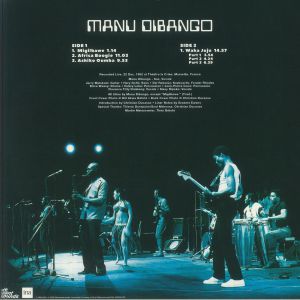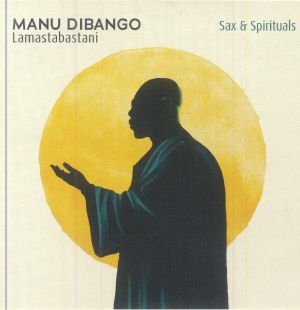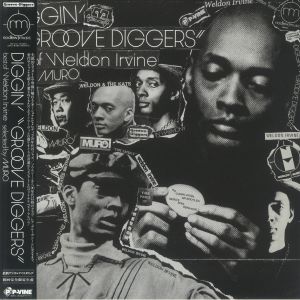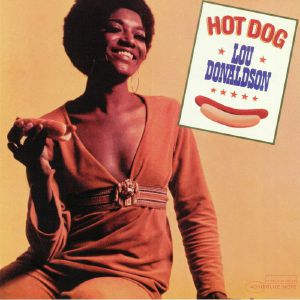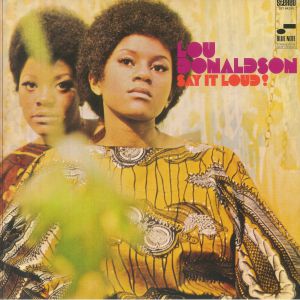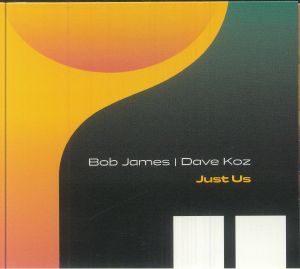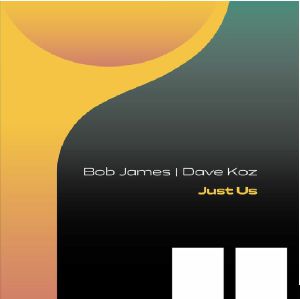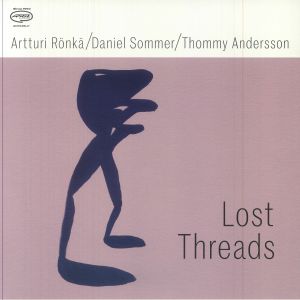Filter
在庫状況
音楽
Featured
リリースタイトル
値段
タグ
Back catalogue: Funk Soul & Jazz
Juno's full catalogue of Funk Soul & Jazz
アルバム
Artistic Being (Record Store Day RSD 2025) (limited gatefold 2xLP)
Cat: STRUT 483LP. Rel: 23 Apr 25
Review: In celebration of 50 years in the performing arts, Idris Ackamoor presents Artistic Being for Record Store Day 2025-a powerful blend of jazz, spoken word and activism. Featuring the voices of acclaimed actor Danny Glover and stage legend Rhodessa Jones, this record captures highlights from the Underground Jazz Cabaret, which was performed during Black History Month 2024 at The Lab in San Francisco. Co-produced by Ackamoor's Cultural Odyssey, the release fuses poetic storytelling with evocative musical textures while reflecting on social justice, identity and resilience. Artistic Being is a profound statement from a visionary artist.
… Read morePlayed by: Juno Recommends Jazz
in stock $30.21
After The Last Sky (2xLP)
Cat: 753442 5. Rel: 25 Mar 25
Review: Solo Arabian nocturnes for oud return to haunt us on Tunisian-born musician Anouar Brahem's latest full-length project, backed by stellarly moving counterpoints for cello, piano and bass. Beginning with Arab traditional music as a start-point, Brahem has, over the course of his career, slowly verged into the domains of contemporary classical and jazz. Fusing tradition and modernity, his compositions have a chiffon feel, creaseless and impeccably recorded, yet they also stomach a certain chronicity and locale, indulging harmonic modes and inherited composition techniques.
… Read morePlayed by: Kaoru Inoue
! low stock $30.49
After The Last Sky (CD)
Cat: 753428 7. Rel: 25 Mar 25
in stock $15.51
in stock $19.40
This We Know (coloured vinyl LP (comes in different colours, we cannot gurarantee which colour you will recieve))
Cat: KAR 289LP. Rel: 17 Apr 25
in stock $34.36
in stock $42.68
in stock $39.90
in stock $14.41
Played by: Juno Recommends Jazz
in stock $13.58
Black Beauty: Miles Davis At Fillmore West (limited numbered gatefold 180 gram audiophile vinyl 2xLP + booklet)
Cat: MFSL 2568. Rel: 04 Apr 25
Review: April 10, 1970. Miles Davis, fresh from his Jack Johnson sessions and with a new face in the band, soprano saxophonist Steve Grossman, take the stage at San Francisco's Fillmore West and set about sparking a revolution in jazz by fusing it with rock and funk elements. Captured on Black Beauty: Miles Davis at Fillmore West, this performance is one for the agesifull of explosive improvisation, raw energy and a palpable sense of transformation. The album, finally reissued on vinyl after years of being locked away in Japan, is a time capsule of a moment in jazz history where tradition was discarded and a new frontier was being built. With his usual crewiGrossman, Chick Corea on keys, Dave Holland on bass, Jack DeJohnette on drums, and Airto Moreira on percussioniDavis steered the ship into turbulent, unpredictable waters. It's all about the groove, the shifts in rhythm, and the untamed trumpet blasts that echo through the room like firecrackers. Tracks like 'Miles Runs the Voodoo Down' - from the milestone Bitches Brew album, which had come out a mere month before - and 'It's About That Time' tear apart the old jazz playbook, plunging deep into rock territory while still holding on to the open-ended freedom of improvisation. This is the raw, unfiltered jazz that would come to define the electric period of Davis' caree - a live-wire snapshot of a jazz legend finding new possibilities in real-time.
… Read more in stock $84.81
Round About Midnight (180 gram audiophile vinyl LP)
Cat: 291020. Rel: 13 Mar 25
in stock $16.62
Sorcerer (reissue) (180 gram audiophile vinyl LP)
Cat: MOVL 6203247. Rel: 01 Jan 90
in stock $29.11
Birth Of The Blue (reissue) (hybrid SACD)
Cat: 198028 166423. Rel: 19 Mar 25
Review: As you can guess from the title, this is a follow up to Kind of Blue, one of the most famous jazz albums of all time. The iconic 1959 recordings radiate their own vibe while showcasing Davis's transformative approach to jazz. The opener impresses with elegant trumpet lines and a meticulous rhythm section that is a fine showcase of restraint that grows from delicate nuances to fluid improvisation. As the album unfolds, Davis's intuitive synergy with his bandmates shines and intricate complexities turn into accessible melodies. The hauntingly beautiful 'Blue in Green' stands out for its depth and overall the record captures a pivotal moment in Davis's evolution.
… Read more in stock $46.00
Kind Of Blue (reissue) (limited 180 gram "crystal" clear vinyl LP)
Cat: 526012. Rel: 07 Apr 25
in stock $18.57
in stock $24.12
The Musings Of Miles (Original Jazz Classics Series) (180 gram vinyl LP with obi-strip)
Cat: CR 00854. Rel: 17 Apr 25
Review: This early gem - in fact, it was the maestro's first ever 12" record - shows a masterful command of space and melody, spotlighting a warm, muted trumpet tone alongside a pared-down ensemble. Without a saxophone, the spotlight remains squarely on the lead, providing ample room for expansive solos and lyrical interpretations. Anchored by a stellar rhythm section featuring a buoyant bassist, impeccable pianist and dynamic drummer, the performances exude a relaxed yet precise energy. Highlights include a fresh, distinctive take on the Dizzy Gillespie classic 'A Night in Tunisia', where the group reimagines the piece with effortless ingenuity. Original compositions add further depth, with a witty riposte to a well-known standard and a contemplative piece that lingers in the listener's mind. A transitional moment for one of the all time greats, hinting at the greatness to come all the way back in 1955.
… Read morePlayed by: Juno Recommends Jazz
in stock $39.35
Kind Of Blue (reissue) (180 gram blue splattered vinyl LP)
Cat: SRPD 0019SP2. Rel: 30 Apr 25
in stock $31.04
Cookin' With The Miles David Quintet (reissue) (180 gram translucent blue vinyl LP)
Cat: 350281. Rel: 07 Apr 25
Review: Miles Davis' quintet was formed in 1955 and soon after began impressing the jazz world with the sort of invention that eventually saw them hailed as one of the greatest in history. Each member - including Miles on trumpet, John Coltrane on tenor sax, Red Garland on piano, Paul Chambers on bass and Art Taylor on drums - was a creative force in their own right. Cookin' proved that and came on Prestige as the first in a series of four albums, later followed by Steamin', Workin' and Relaxin'. These albums were recorded during two highly productive sessions in May and October of 1956 and the quintet's groundbreaking work explored a dynamic blend of improvisation, technical skill and innovative jazz exploration.
… Read more in stock $17.73
Journey To Nabta Playa (Deluxe Edition) (gatefold 180 gram vinyl 2xLP with obi-strip)
Cat: LPSPM 012X. Rel: 02 May 25
Review: Spiritmuse Records presents Journey to Nabta Playa, the dialogic result of Angel Bat Dawid and multidisciplinary artist Naima Nefertari, as they team up to honour the ancient Nubian astrological site of the same name. An ancient Neolithic site in Egypt's Nubian Desert predating Stonehenge, Nabta Playa incorporates a stone circle whose lithic configuration aligns with celestial events. Fittingly, then, this clash-of-titans record astrologises celestial electronics and divines ancestral predestinations, sewing a starry sonic tapestry - in Bat Dawid's terms "this is not just an album, it's a constellation". Picking up where Don and David Ornette Cherry left off with 'Bishmillah', and carrying out such further original, summative sonic burial and resurrection rites such as 'Black Stones Of Sirius' and 'Procession Of The Equinox', we hear a dance of featuring flute, clarinet, and vibraphone, and enraptured voice.
… Read more in stock $51.55
Cat: BBE 803ALP. Rel: 17 Apr 25
Review: Although he initially broke through decades ago as a talented keyboardist- a role he still performs alongside his work as a solo producer - Mark de Clive-Lowe has always been much more than a prodigious musician-for-hire. That was particularly evident on 2021's Hotel San Claudio album, a musical meeting of minds with Shigeto and Melanie Charles. It shines through loud and clear on Past Present (Tone Poems Through Time)', an inspired collection of 'tone poems' - musical pieces that draw direct inspiration from the landscape - created using an electric piano, an enormous list of mostly vintage synthesisers, and field recordings captured on a trip to his father's native Japan. Sitting somewhere between ambient jazz, the epic synth-scapes of Tangerine Dream and the most vivid movie soundtracks, Past Present is emotive, immersive and effortlessly evocative.
… Read more in stock $30.77
Intrusions Des Racketteurs Noirs Dans Les Maisons Closes De La Ficelle Et De L’Elegant (version alternative)
in stock $14.97
La Scoumoune (Soundtrack) (gatefold 2xLP + insert)
Cat: 927852. Rel: 10 Apr 25
Intrusions Des Racketteurs Noirs Dans Les Maisons Closes De La Ficelle Et De L’Elegant (version alternative) (2:56)
Review: Decca and CAM Sugar present the complete edition of Francois de Roubaix's historic La Scoumoune score, contracting unreleased tracks, demos, and alternate takes. The 1970 thriller, directed by Jose Giovanni and starring Jean-Paul Belmondo, witnesses a small-time crook entangle himself in a torrid torsion of crime and fate, themes mirrored in de Roubaix's palpating score. Roubaix blended barrel organs, synths and unconventional sounds like rattles and springs, inculcating in the viewer the thrill of the chase, while the formal strategy to use entirely different instruments for each track went on to nail its touchstone status. Now a well of versatility, it comes regularly sampled in hip-hop and electronica; remixes by Alessandro Baldessari, Jean-Michel Bernard, and Benjamin de Roubaix, doing justice to a record whose very being seems to beg out loud for the remixing.
… Read morePlayed by: Manu Archeo
in stock $38.79
in stock $26.59
Review: This long-lost 1973 album from Graham Dee is a fabled record from the man who was a key figure in the 60s London session scene and later a prolific songwriter and producer, and it is now released on vinyl for the first time. Dee was a renowned session guitarist who played with legends like Jimmy Page and Jeff Beck as well as artists such as John Lee Hooker and The Walker Brothers. After working with them, he became an in-house producer for Atlantic Records and honed a distinctive 'British Soul sound.' In the 70s, he moved to the U.S., writing songs and working at the legendary Muscle Shoals. Mr. Super Cool was only rediscovered in 2019 and it's clear to hear Dee's unique talent on a record that offers a fascinating glimpse into early 70s recording.
… Read more in stock $28.27
Review: A multifaceted personality, 24-year-old breakout folk star Maya Delilah shares The Long Way Round on Decca Records, fresh off the back of a Spotify "One To Watch" award. "I get so influenced by different genres, people, places, and experiences that it's always felt hard for me to fit my music into a consistent sound or mood," the singer said in a statement. Forerun by the likes 'Squeeze' and 'Necklace', Delilah's vocals are breathy and her backing instrumentals smooth, tinged with the torrid strokes of Ayers-esque sunshine funk. Recorded between LA and London, the record flags up themes from cyclical relationships to predestination, with Delilah feeling that the record expresses a future nostalgia for someone she's never met before.
… Read more in stock $28.55
in stock $18.29
in stock $19.13
Played by: Juno Recommends International
in stock $27.99
Played by: Juno Recommends International
in stock $19.94
Review: Manu Dibango knew how to work a crowd. By the time he hit the stage at Marseille's Theatre La Criee in December 1982, he had long mastered the art of turning a gig into a full-blown celebration. This was the man who took makossa global, who made 'Soul Makossa' an international sensation a decade prior and who could pivot between jazz, funk and African rhythms like it was nothing. The recording, unearthed from the INA archives, captures him in peak form, leading an eight-piece band through a set that refuses to sit still. 'Africa Boogie' is all clipped guitars, tight horns and a bassline that struts like it owns the place. 'Ashiko Oumba' turns the groove alluringly, locking into intricate polyrhythms before erupting into pure brass-fuelled joy. Then there's 'Waka Juju', sprawling across three parts, moving from simmering tension to full-throttle release with the kind of control only Dibango could pull off. He's conducting, shaping the music in real-time, every solo a conversation, every break a setup for the next explosion of sound. Four decades later, the set still feels alive. It's there in the call-and-response with the crowd, the sweat-soaked momentum of a band that knows it's on fire. Dibango, effortlessly cool at the centre of it all, proves once again why his music never ages.
… Read morePlayed by: Juno Recommends International
in stock $36.30
Played by: Juno Recommends International
in stock $16.07
in stock $35.20
Diggin' Groove Digger: Best of Weldon Irvine (Japanese Edition) (LP with obi-strip)
Cat: PLP 7527. Rel: 18 Mar 25
Review: Weldon Irvine was a pioneering musician whose innovative style and emotionally powerful melodies earned him admiration across generations and genres, from 1970s jazz and soul to 1990s club and rare groove scenes. Known for his versatility, Irvine left behind a legacy of timeless tracks and this best-of album, curated from his extensive catalogue, features eight standout songs that showcase his genius. The always-sensitive P-VINE presents this special collection in style and offers a comprehensive glimpse into the depth and breadth of Irvine's musical contributions, all of which highlight his lasting impact on the music world.
… Read more in stock $35.47
in stock $12.74
Say It Loud (Classic Vinyl) (gatefold 180 gram vinyl LP)
Cat: 651497 0. Rel: 20 Mar 25
Review: Lou Donaldson's Say It Loud! is a classic of the late 60s soul-jazz movement, combining infectious grooves with a lineup of skilled musicians. Released in 1969 on Blue Note, this album highlights California-based Donaldson's expertise on the alto saxophone, blending hard-swinging bebop roots with a funkier, dance-driven approach. The title track, inspired by James Brown's anthem, is a cool, laid-back rendition that shows his nuanced playing alongside the solid rhythms of trumpeter Blue Mitchell, guitarist Jimmy Ponder, organist Charles Earland, and drummer Leo Morris. The album shines with its extended tracks like 'Snake Bone' and 'Brother Soul', where the soloists stretch out, creating moments of tension and release. Ponder's blues-infused guitar solos and Earland's dramatic organ builds are standouts. While the bossa nova rendition of 'Summertime' and the swinging 'Caravan' bring a more traditional jazz feel, the album is most vibrant when it grooves hard. Despite being somewhat overshadowed by Donaldson's earlier work, Say It Loud! remains a highly enjoyable and essential part of his legacy. It may not carry the same weight as Midnight Creeper, but its infectious rhythms and tasteful solos ensure its place as a classic in soul-jazz, deserving of a greater appreciation which this reissue celebrates.
… Read morePlayed by: Craig Charles Funk And Soul
in stock $29.92
in stock $18.57
Cat: PAROLE 106. Rel: 28 Mar 25
in stock $22.16
in stock $19.68
Just Us (180 gram audiophile vinyl LP + MP3 download code)
Cat: JTKZ 30720251. Rel: 02 May 25
in stock $33.24
Lost Threads (LP)
Cat: APR 145LP. Rel: 14 Apr 25
in stock $22.16
in stock $24.94

 USD
USD





